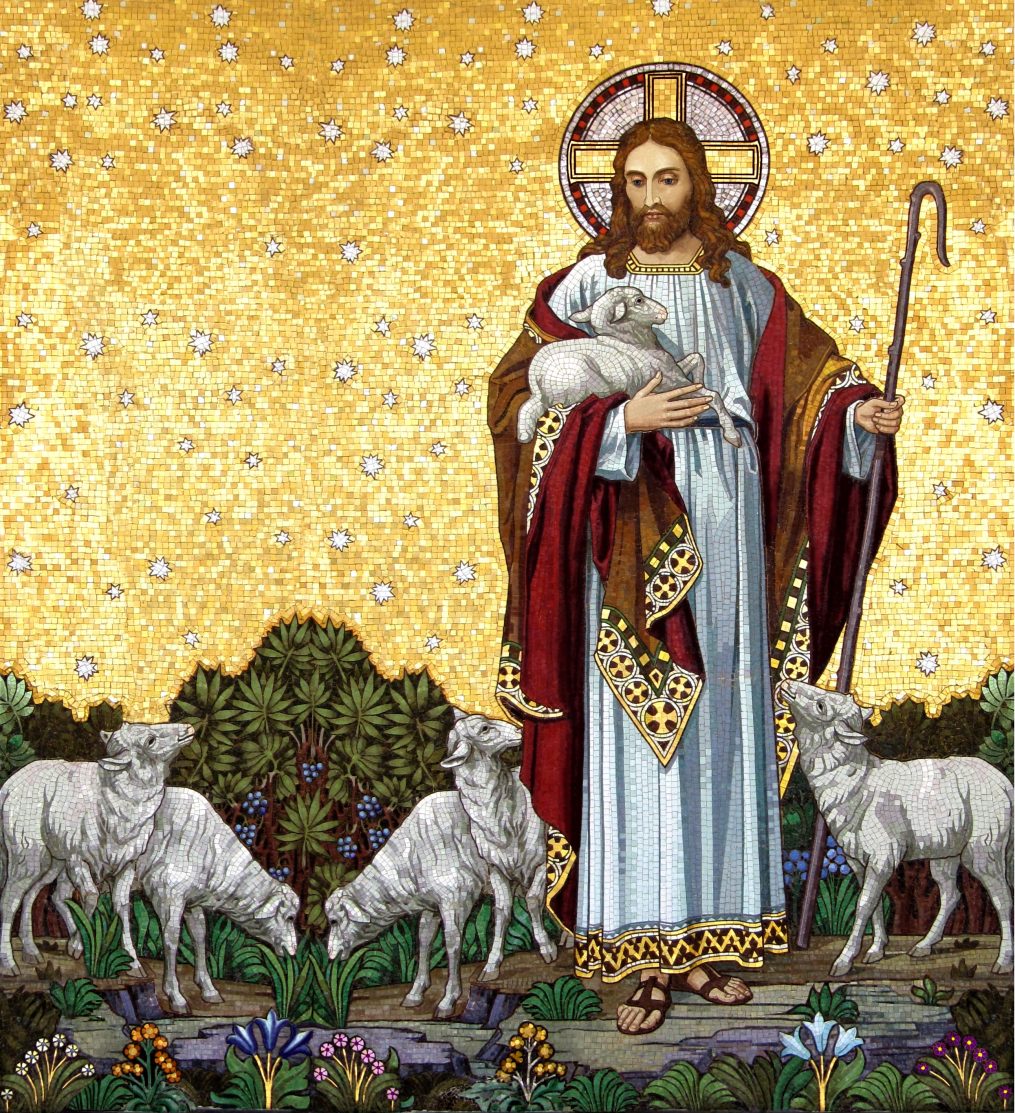Liturgical Colour : Red
Dear brothers and sisters in Christ, on this day we heard about the exchanges between Jesus and the Sadducees, an influential and powerful group in the Jewish society at the time, namely those who practiced and believed in pragmatism and rejecting spirituality and matters beyond what can be deduced with human reasoning, one of the greatest of which is the matter of the resurrection from the dead.
The Sadducees did not believe in spirits, in Angels, in all things that are beyond this world. That is why they were particularly unhappy and angry at what Jesus had been telling the people about the matters of the life after death, the afterlife, and the promise of the eternal life after the death of the physical body. That is why they confronted Him and tried to discredit Him and brought Him into trouble by asking Him a difficult question to trap Him in His own words.
But Jesus gave them a perfect answer and rebuke, when they asked about whose wife would the woman attached to seven brothers be in heaven. Jesus rebuked them for their naivety and failure to look beyond matters of this world. These thought of things that are not important, thinking of woman as mere property and marriage as a mere formality.
They could not comprehend all these because they were thinking in worldly terms. They thought of living at the moment, living for the world that is now, and they even tend to fear of what is to come when people die. That is because firstly they did not believe in life after death, and death is feared as the end of everything. But they were very wrong indeed.
Indeed, all of us Christians have that core faith and belief in God, that we believe in the life of the world to come. That is placed prominently at the very end of our Creed, the Nicene and the Apostles’ Creed, which we recite with faith at every celebrations of the Holy Mass on Sundays. And we also believe in the Lord Jesus Christ, Who suffered, died on the cross and rose again gloriously at the Resurrection.
The resurrection of our Lord Jesus Christ is the hope for all of us Christians, and indeed, for all mankind, for through His own resurrection, all of us have been given an undeniable and solid proof of life beyond death, of our eventual triumph over death, and that death does not have the final say over us. We feared death because we saw it as an end, but in fact, death is not the end, rather the beginning of something new.
Today therefore, as in our first reading, as what St. Paul had written to St. Timothy, all of us are urged to stand up for our faith and live with devotion to our God. We must not fear and be afraid just because our faith and beliefs are against that of the world, or if the world persecutes us because we believe in God and His ways. This is how it is supposed to be, and what we must do as those who follow the Lord and His ways.
Today, we commemorate the feast of St. Justin the Martyr, a renowned servant of God whose life can indeed be inspiration for all of us. St. Justin was known especially for his many writings and works, particularly regarding the nature of God, on the nature of the Incarnation of the Logos, the Divine Word of God, Who became Man for our sake, Jesus Christ.
St. Justin explained many of the tenets and aspects of the faith through his many works, and thanks to him, many people grew firmer in their faith and many others were converted from their pagan ways. St. Justin did not fear the opposition of the world and openly preached his faith among the many communities of the faithful at that time. But the world did not remain quiet, and in the end, they persecuted the faithful, including St. Justin, who endured martyrdom for his faith.
Brothers and sisters in Christ, St. Justin was courageous in his faith and devoted his whole life to serve the Lord, even amidst persecution and challenges laid in his path by the world and the Roman authorities. But, because of his hard works and his devotion to the faith, he has led many others into salvation, by his inspiring examples, which helped to call many more people to remain faithful to God and His ways.
Shall we all therefore also follow his examples and live our faith and our lives with zeal and devotion? We should not be afraid of the world’s rejection, but rather, we should grow ever bolder and stronger in standing up for our faith and our beliefs, against the ways of this world that are against the Lord’s ways.
Let us all hold firm in our beliefs, in what Jesus had taught us all through His Church, that we may not be swayed by the falsehoods of the world. In the Risen Lord, His resurrection has given us the sure hope and the certainty of the future for us if we believe in Him and keep our faith in Him alive. May God help us to remain firmly faithful to Him at all times. God bless us all. Amen.
